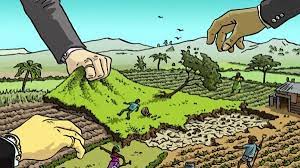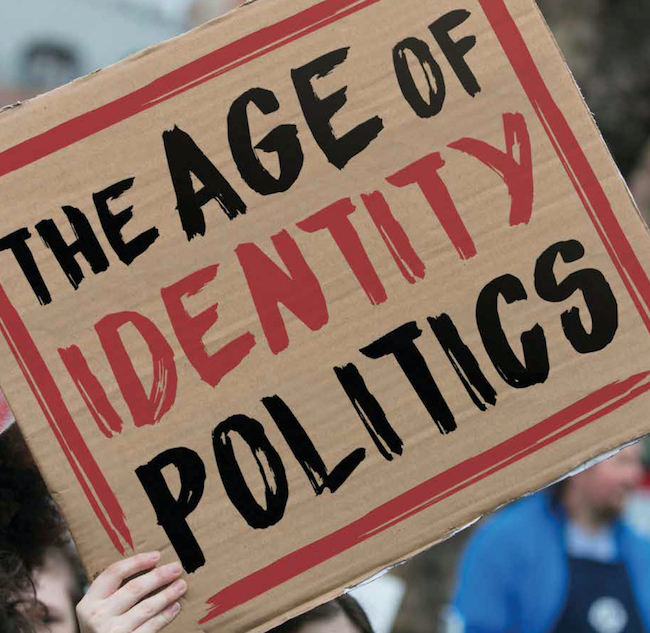AUCKLAND COUNCIL: Measure your personal ‘carbon footprint’ with Auckland Council’s ‘FutureFit’. The council reports that FutureFit will provide a snapshot of your personal impact on this Planet called Earth. But first there will be a questionnaire for you to fill out, and you can delve even deeper for more accurate results. Oh, but Auckland Council is giving you a freebie if you answer their questionnaire, they will give you more specific goals and actions. Eem that will keep you busy. Never mind, you won’t forget to measure your carbon footprint because they are going to keep on reminding you and encouraging you to do this they will partner you all the way. (So your not alone, of course they want you to tell your mates about this. Eeem you could have a ‘carbon footprint mates date lol). Oh, the Auckland Council want you to get a team together, make it a team sport, why don’t you. (In my books, the one that comes in last, or does not join the team is definitely the winner)
Ah, well as the Auckland Council website states “You will have a lighter impact on the papatūānuku. And you don’t have to think about how and where you are going to travel, the council will do it for you, they will even give you a plant based diet plan.. what to buy and where to buy it. (I am sure it will be Countdown that’s really Woolworths, that’s owned by BlackRock).
Hope you don’t mind sharing your personal information with Auckland Council’s FutureFit questionnaire. They must have one almighty measuring stick to work out all those methane, nitrous oxide and hydroflourocarbons. (Wait a minute.. they have not told you how good CO2 is for you, and how the plants, animals, and you yourself cannot even exist without CO2..never mind ‘game over’.
Now the Auckland Councils advice to you is less air travel (eem wonder how many times the Prime Minister and other politicians travel overseas, and back and forth to Wellington across the country). Holiday are to be a closer destination.(Eeem perhaps I should just walk down the road and catch a bus to town, that’s if the buses are still working). I could jump into my electric car, only last night there was a bit of a fire in my garage, bugger no vehicle and I didn’t even strike a light). The Council want me to take shorter showers (perhaps I should just strip off in the next rainfall and wash myself down then). And change my diet.. damm.. Oh, plant based food (beans and bugs in the belly, I guess)
Auckland Council also has a teachers guide to help students calculate their individual footprints too encouraging them to also create a FutureFit team, the reengineering of social behavior. Students take a survey, enter their email address and phone number, then set their personal customs actions on a personalized dashboard. They are rewards that include badges to highlight their compliancy indoctrination success. In the classroom and online FutureFit calculation tools and a questionnaire’s for teachers and students. Auckland Council providing school with Climate Boiling Activities.(Enviroschools). Sustainable School Teams are offered advice by Auckland Council. They also provide printable resources. Auckland Council providing funding, pledges, stories, inspirational speakers, films and events for Aucklanders at home. (Emm ..Are ratepayers paying for this?)
The Auckland Council wants me to encourage my friends to use their FutureFit, you are kidding me if I do that I am likely to lose all my friends on Facebook. Nah, I don’t have ‘stupid’ written across my forehead. Love my roast beef and lamb too much for that, you can keep your plant based food, the bugs in the belly stuff. GOD SAVE NEW ZEALAND and cheers to the FARMERS.
(FutureFit- Auckland Council partnering with GenLess ) Auckland Council FutureFit is supported promoted by lovefoodhatewaste.co.nz, the Energy Efficiency & Conservation Authority, energywise.govt.nz, NZ Transport Agency, naturespace,org.nz, Ministry of the Environment (Govt), Enviroschools.org.nz, Generation Zero.org,
Auckland Council document Generation Zero: ‘The theory of Change’ Colonization capitalism and neoliberalism are driving forces in Aotearoa’s political system. Generation Zero seeks to devolve this power by mobilizing rangatahi to engage in democracy and uplift their collective power to create institutional change for a climate-just future. Generation Zero was established in 2011 to create localized climate action, to ensure that rangatahi have a voice in the climate movement. They now have a voice locally and internationally.
And their story of climate justice includes : Historically and structurally disadvantaged communities experience this injustice the most. Societal inequities, many caused by the downstream impacts of capitalism and colonization, place groups such as rangatahi, tangata whenua, tangata moana, people of colour, disabled people, low-income communities, LGBTQIA Takatāpui+ folks, women and other marginalized genders on the frontlines of climate change. As they also seek ‘decolonization’
RESEARCHED By Carol Sakey
https://www.generationzero.org/mdrs_05_2023?utm_source=Blog%20Post&utm_medium=Latest%20News&utm_keyword=We%20urge%20the%20National%20Party%20to%20re-commit%20their%20support%20for%20thriving,%20sustainable,%20affordable%20cities
...


